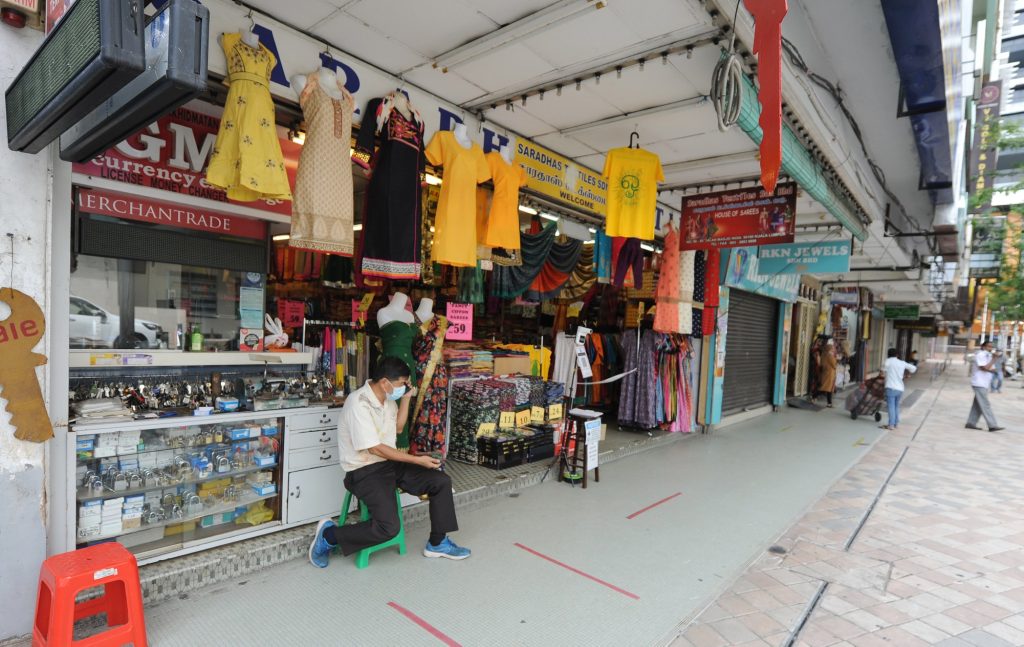
by AZALEA AZUAR
 THE Small and Medium Enterprises Association Malaysia (Samenta) is urging ASEAN leaders to place micro, small and medium enterprises (MSMEs) at the forefront of discussions as Malaysia hosts the ASEAN Summit 2025.
THE Small and Medium Enterprises Association Malaysia (Samenta) is urging ASEAN leaders to place micro, small and medium enterprises (MSMEs) at the forefront of discussions as Malaysia hosts the ASEAN Summit 2025.
National president Datuk William Ng said the summit is expected to impact the region’s support and scaling of its MSMEs.
“We call on ASEAN leaders to seize this moment: Reduce non-tariff barriers (NTB), leverage geopolitical shifts, invest in creative and digital sectors, and create a level playing field in trade and compliance.
“A resilient ASEAN must start from the ground up, with our small businesses at the core of our shared future,” he said in a statement.
Ng stressed how MSMEs make up a majority (more than 97%) of all business in ASEAN and are responsible for 85% of employment in several member states.
Despite their abundance, they only contribute 30% to 40% of the region’s GDP and 22% of intra-regional trade due to structural barriers and limited scale, innovation and integration into regional value chains.
Ng raised concerns regarding the low ASEAN trade levels as it represents a missed opportunity despite their proximity and cultural familiarity.
ASEAN trade is important for MSMEs for internalisation but NTB such as inconsistent product labelling, cumbersome customs clearance and poorly coordinated regulations in the agrifood sector make it inefficient and costly.
“ASEAN must take bold steps to address these issues through enforceable agreements on NTB reduction, expanded mutual recognition arrangements (MRAs) and greater operationalisation of the ASEAN Single Window for MSMEs,” Ng said.
Ng also advised ASEAN to present itself as a neutral and business-friendly bloc to absorb global investments and new manufacturing mandates as global supply chains are shifting and companies are diversifying away from single country dependencies.
Therefore, he suggested enhancing the capacity of MSMEs to avoid entrenching economic dualism and widening inequality.
“ASEAN must also remain vigilant against rising protectionism in a fragmented world and ensure reciprocal market access is honoured.
“While large firms often have the resources to adapt or lobby, MSMEs are typically the first casualties of sudden tariffs, quota restrictions or import bans.
“ASEAN must be proactive in trade defence, making sure our MSMEs are not collateral damage in global economic disputes,” Ng said.
ASEAN MSMEs face a middle-income trap due to low-value sectors, and for them to escape the trap, they need investment in innovation grants, regional research and development (R&D) centres, and cross-border talent and technology platforms.
This is critical not only for income growth but also for building globally competitive MSMEs that can expand beyond their home markets.
Moreover, the ASEAN Digital Economy Framework Agreement should promote inclusive platforms, cross-border e-commerce and data governance policies, while focusing on realistic environmental, social and governance (ESG) standards for smaller firms.
Ng also acknowledged the high potential of the creative economy for MSMEs, noting that it is scalable, culturally rooted and has strong export prospects.
“ASEAN must include the creative economy in its regional economic integration strategy, with a focus on copyright and intellectual property (IP) protection for creators, market access and mobility for creative professionals and creative clusters and infrastructure, especially for youth and women-led enterprises,” he said.
RELATED ARTICLES
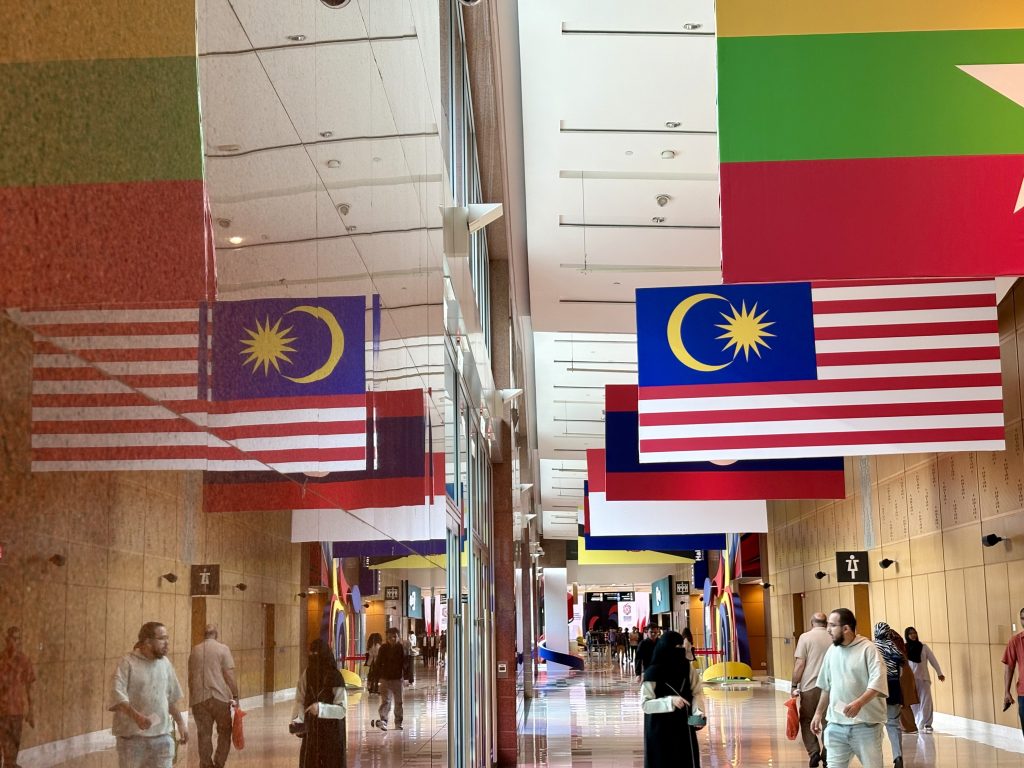
Summit and sambal: KLCC reflects real ASEAN spirit
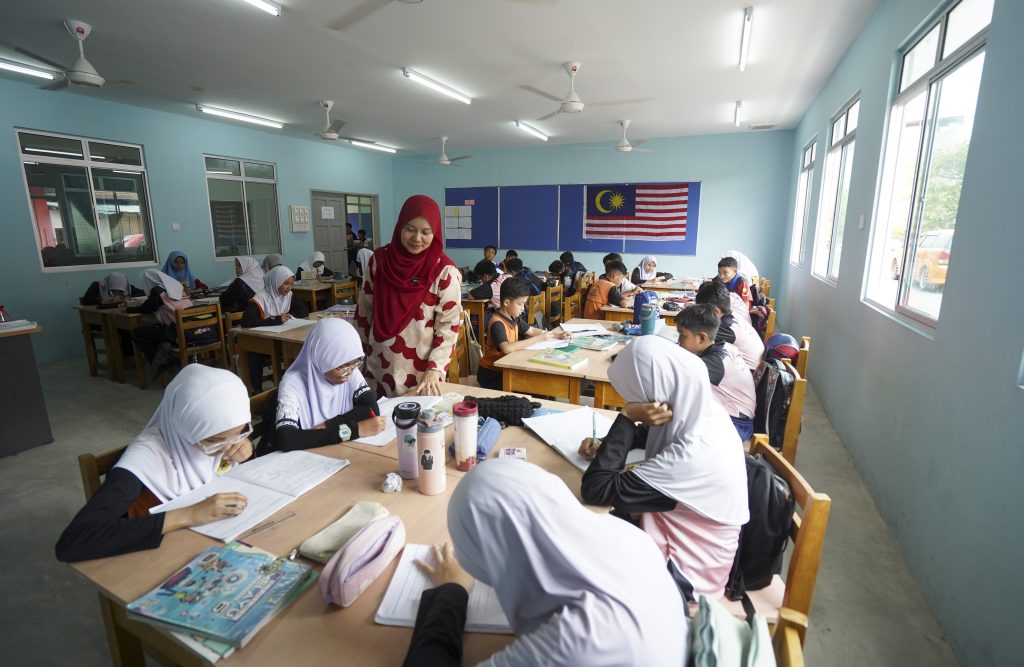
PdPR allowed for 71 schools in KL, Selangor in conjunction with 46th ASEAN Summit
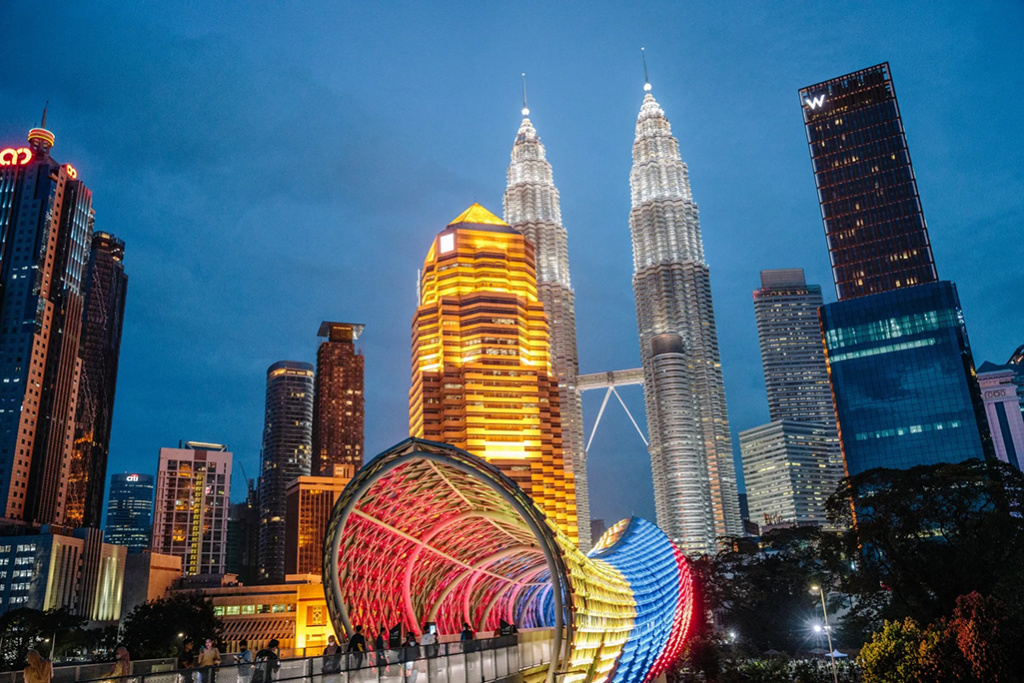
ASEAN summits to prompt traffic changes, WFH advisories in KL

KLCC reinforces position as secure venue for ASEAN Summit
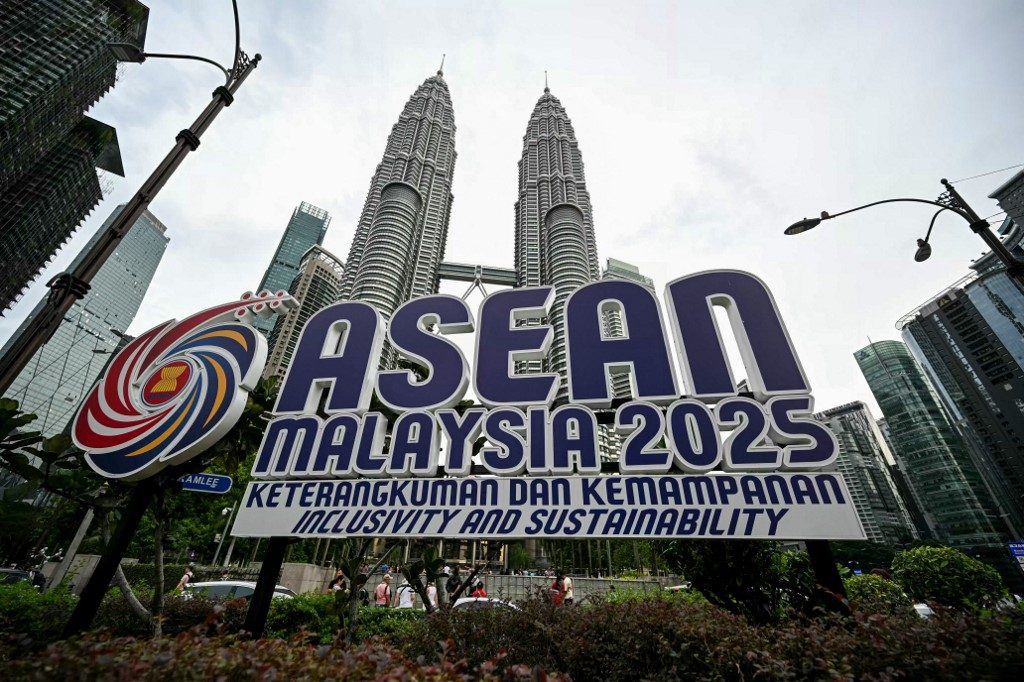
Defining moment for a more inclusive, sustainable region
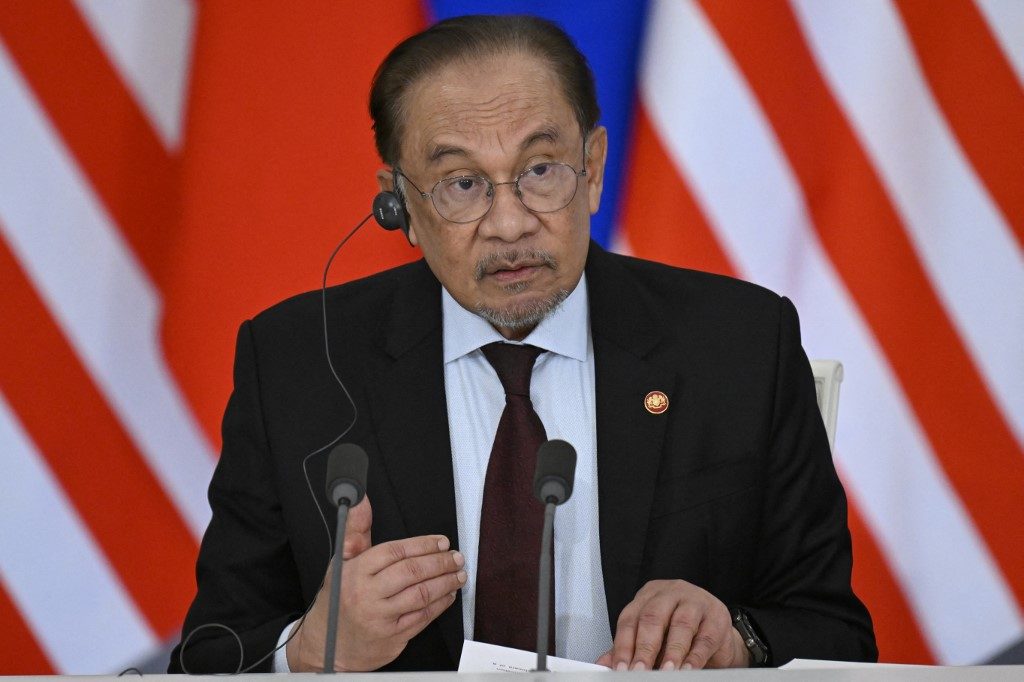
Anwar reaffirms commitment to ASEAN cohesion
The post Samenta: No real ASEAN integration without MSMEs appeared first on The Malaysian Reserve.

